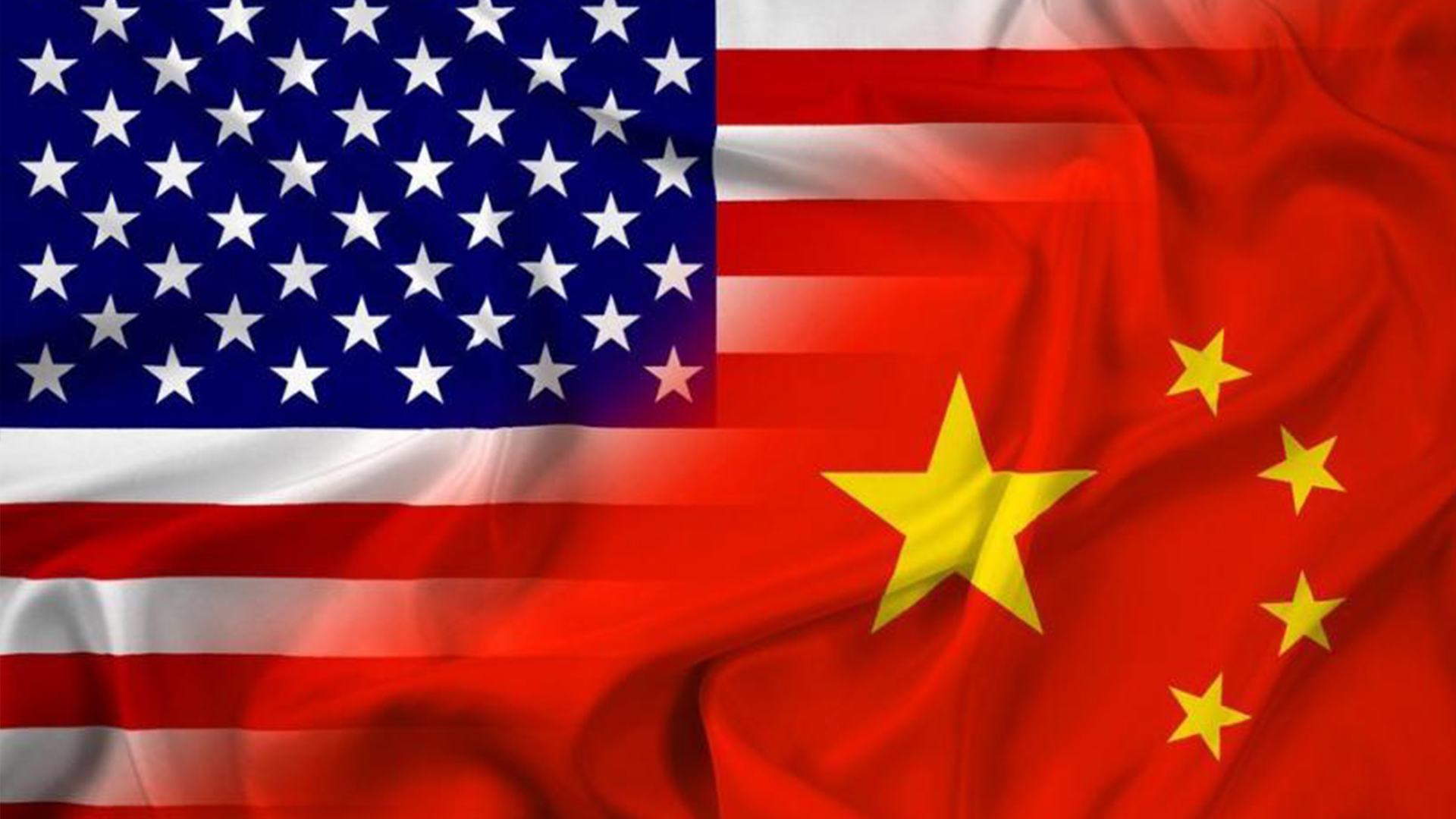4 years ago

The world powers are looking to punish China after it failed to listen and stop its new national security law granting it more authority over Hong Kong.
The law hands the central government almost unchecked legal power in the former British colony, which was promised a "high degree of autonomy" for 50 years when it was returned to China in 1997. Drafted secretly and enacted swiftly on Tuesday, it is considered by many analysts to be even harsher than expected.
In the short run, few expect China's emboldened leadership to blink. Over the long run, though, the hope is that pressure will lead to change.
In late May, the Trump administration decertified Hong Kong for not being sufficiently autonomous from China. The U.S. has begun steps to remove elements of the special treatment that the territory has enjoyed for decades because it was different from other Chinese cities.
On Monday, the State Department announced an end to the sale of military equipment and other technologies to Hong Kong. The Commerce Department suspended preferential treatment and export license exceptions for Hong Kong the same day.
The steps may complicate China's plans to turn the sprawling Pearl River Delta in southern China into a coordinated economic powerhouse with Hong Kong as the technology hub, says Ho-Fung Hung, a professor of political economy at Johns Hopkins University who follows Hong Kong affairs.
Hung says China had been expecting access to certain technologies via Hong Kong that are unavailable on the mainland, but that has changed.
Last week, the State Department imposed visa restrictions on Chinese officials considered responsible for limiting freedoms in Hong Kong, though it did not name any.
Also last week, the Senate unanimously passed a bill that would require sanctions on Chinese officials who erode Hong Kong's freedoms and autonomy. And on Wednesday, the House passed legislation that would sanction banks that do business with Chinese officials involved in implementing the national security law.